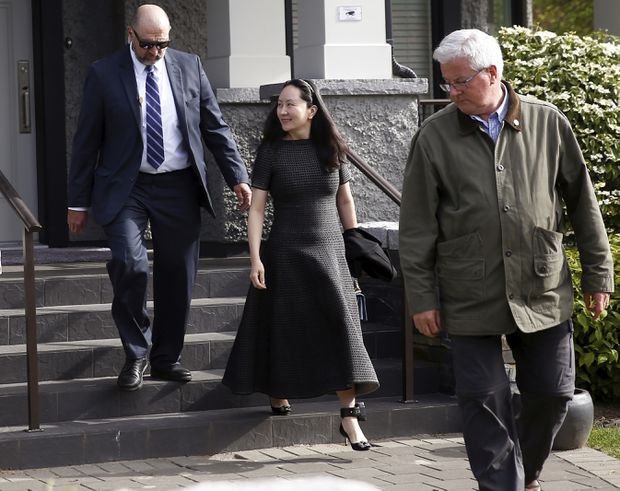China Confirms Death Sentence, Amid Meng Wanzhou Case

Hostage politics. Beijing confirms death sentence of one Canadian, and jails another for eleven years, ahead of Huawei CFO extradiction ruling
The political tensions between China and Canada continue to dramatically increase, after Beijing sentenced Canadian Michael Spavor to 11 years on spying charges.
A court in the communist country also upheld the death sentence of another Canadian.
And there is no word about a trial date for former Canadian diplomat Michael Kovrig, who was also detained in December 2018 and charged with spying.

Hostage politics
China has been accused of engaging in blatant hostage politics, following the arrest of Huawei chief financial officer Meng Wanzhou on 8 December 2018 in Canada.
She has now been under house arrest for more than two years as she fights an extradition order to the US.
The US alleges Meng misled HSBC over Huawei’s business dealings in Iran, causing the bank to break US sanctions.
Meng maintains she is innocent of the charges, and China warned Canada at the time of ‘repercussions‘ for Meng’s arrest.
A Canadian court will hear final arguments in the next few weeks over whether to hand over Meng Wanzhou to face US criminal charges.
What lends credence to Western claims that China is playing hostage politics is the timing of the arrests of the two Canadians.
Days after Meng’s arrest, China arrested Canadian businessman Michael Spavor, who on Wednesday this week was sentenced by a Chinese court to 11 years in prison for ‘spying’.
Spavor, who was based in China, has already spent two years in prison in China, and Canadian officials were denied access to him during his trial, and he is said to be imprisoned in poor conditions.
There has been no word about a trial date of former Canadian diplomat Michael Kovrig, who was also detained in December 2018 and charged with spying, days after the arrest of Meng.
Death sentence
And China continues its campaign to exert maximum pressure on Canada, in the case of a third Canadian, Robert Lloyd Schellenberg, who has been in prison since 2014.
Schellenberg was accused of attempting to smuggle 225kg of methamphetamine to Australia, but he has maintained his innocence.
However in December 2018 (when Meng was arrested), Schellenberg was sentenced to 15 years in prison on the matter.
Schellenberg then appealed and a retrial was ordered. In January 2019, the Dalian intermediate people’s court instead ordered his execution, citing undisclosed ‘new evidence’.
On Tuesday, China’s Supreme Court rejected the appeal of Schellenberg, and upheld his death sentence.
Beijing for its part has repeatedly demanded Meng’s immediate release.
China has always denied a direct connection between her case and the arrests of Spavor and Kovrig, but Chinese officials and state media frequently mention the two men’s fates in relation to whether or not Meng is allowed to return to China.